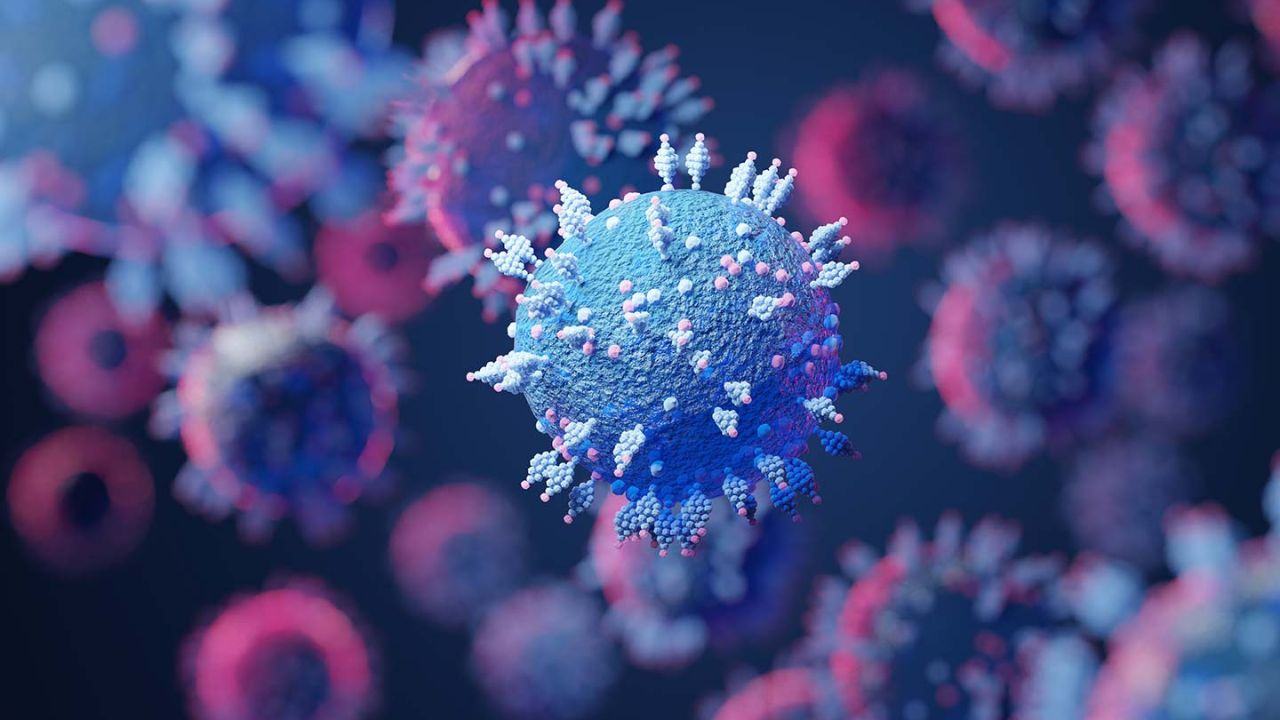The Omicron variant, also known as lineage B.1.1.529, is a variant of SARS-CoV-2, the virus that causes COVID-19. The first known case was detected in Botswana, dated 9 November 2021. On 26 November 2021, the World Health Organization (WHO) designated it as a variant of concern and named it after the Greek letter Omicron.

The variant has an unusually large number of mutations, several of which are novel, and several affect the spike protein used for most vaccine targeting at the time of its discovery. This level of variation has led to concerns regarding transmissibility, immune system evasion, and vaccine resistance. As a result, the variant was rapidly designated “of concern” and travel restrictions were introduced by several countries to limit or slow its international spread.
Classification of omicron variant
Names
On 26 November, the WHO’s Technical Advisory Group on SARS-CoV-2 Virus Evolution designated B.1.1.529 a variant of concern and gave it the designation Omicron, rather than Nu or Xi which were the next available letters in the Greek alphabet.
Mutations
The variant has a large number of mutations, of which some are concerning.32 mutations affect the spike protein, the main antigenic target of antibodies generated by infections and of many vaccines widely administered. Many of those mutations had not been observed in other strains.
The variant is characterised by 30 amino acid changes, three small deletions and one small insertion in the spike protein compared with the original virus, of which 15 are located in the receptor binding domain (residues 319-541). It also carries a number of changes and deletions in other genomic regions. Of note, the variant has three mutations at the furin cleavage site. The furin cleavage site increases SARS-CoV-2 infectivity.
Symptoms of omicron variant
No unusual symptoms have been associated with the variant, and as with other variants, some individuals are asymptomatic.
Prevention of omicron variant
As with other variants, the WHO recommended that people continue to keep enclosed spaces well ventilated, avoid crowding and close contact, wear well- fitting masks, clean hands frequently, and get vaccinated.
Diagnosis of omicron variant
Current PCR tests can detect the variant. Some laboratories indicated that a widely used PCR test does not detect one of the three target genes. This effect (named “S gene target failure”) can serve as a marker for the variant.Rapid antigen tests are likely not affected.
References
Wikipedia, https://en.m.wikipedia.org/wiki/SARS-CoV-2_Omicron_variant